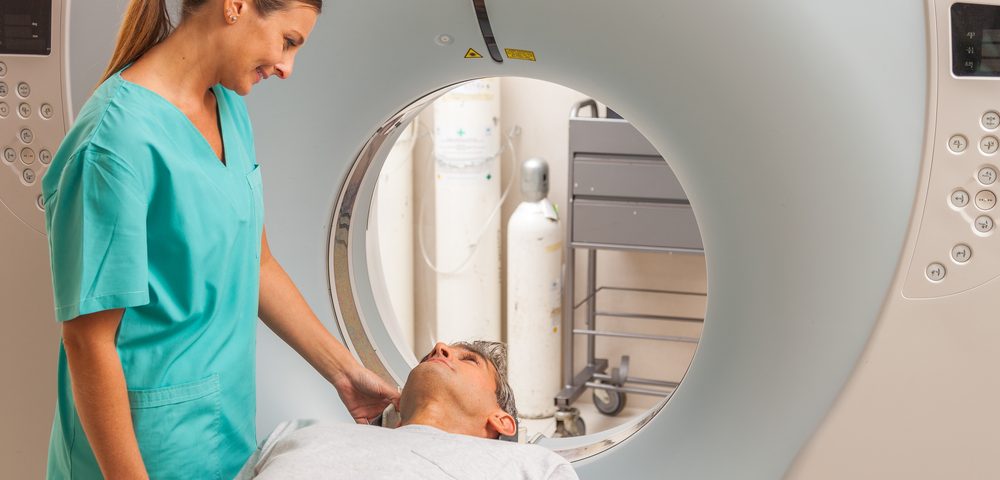The U.S. Food and Drug Administration has granted expanded approval to LivaNova’s VNS Therapy Systems for people with drug-resistant epilepsy that allows use with magnetic resonance imaging (MRI) of the brain, the company announced.
VNS Therapy is a device that regularly sends mild pulses to the vagus nerve to prevent, halt, or shorten seizures. But use of the device has until now been problematic if patients needed MRI scans, a routine procedure for epilepsy patients. Only certain types of MRI equipment could be used previously with the VNS system.
The expanded MRI access was granted to the AspireHC and AspireSR models of VNS Therapy.
“Our dedication to innovation has enabled LivaNova to remove a barrier for people with drug-resistant epilepsy who already have, or desire to have, the latest VNS Therapy technology based on its proven ability to deliver more seizure-free moments,” Damien McDonald, LivaNova’s chief executive officer, said in a press release.
“Previously, our labeling allowed patients to obtain MRI scans only with the use of special MRI equipment that was not readily accessible. Now, this new approval simplifies the process and increases access of patients with our latest technology to any MRI center of their choice for the scans they need,” he added.
VNS Therapy is approved as an add-on treatment for people 12 and older with partial onset seizures that are refractory to antiepileptic drugs. The device is fitted during an outpatient procedure, usually taking no more than an hour. While the device sends pulses to the vagus nerve throughout the day, it is possible to increase the dose to shorten or stop a seizure.
“The FDA’s approval to expand our MRI labeling changes the landscape for device-based epilepsy therapies,” said Jason Richey, LivaNova’s president of North America and general manager of the neuromodulation franchise.
In addition to reducing the number and length of seizures, the company states that the device improves quality of life, mood, alertness, and memory.
“This further differentiates our technology from other epilepsy treatment options and adds a new dimension in our ability to support patients’ long-term treatment plans,” Richey said.



Indeed it is good decision to use the MRI scans, but very late. They should have taken this assessment year before. Anyway, as they have decided then they should as well consult an MRI specialist. For the reason that its scans are not easier that everybody can correctly perform them.